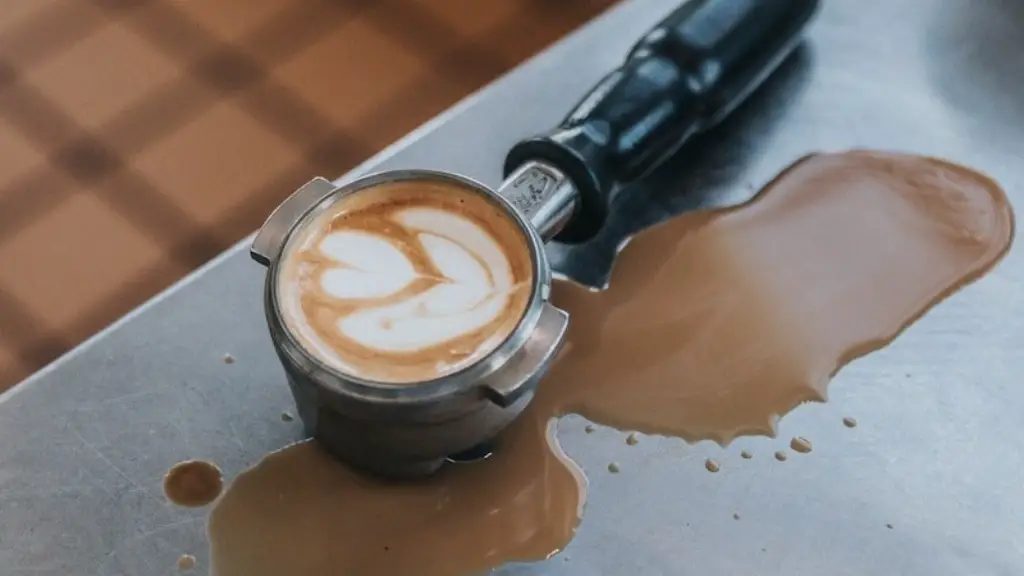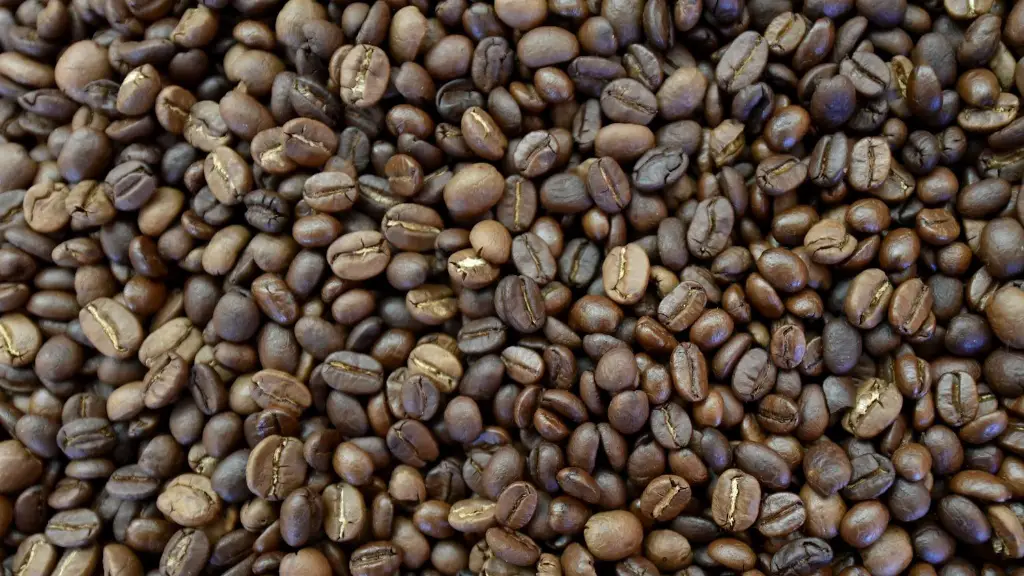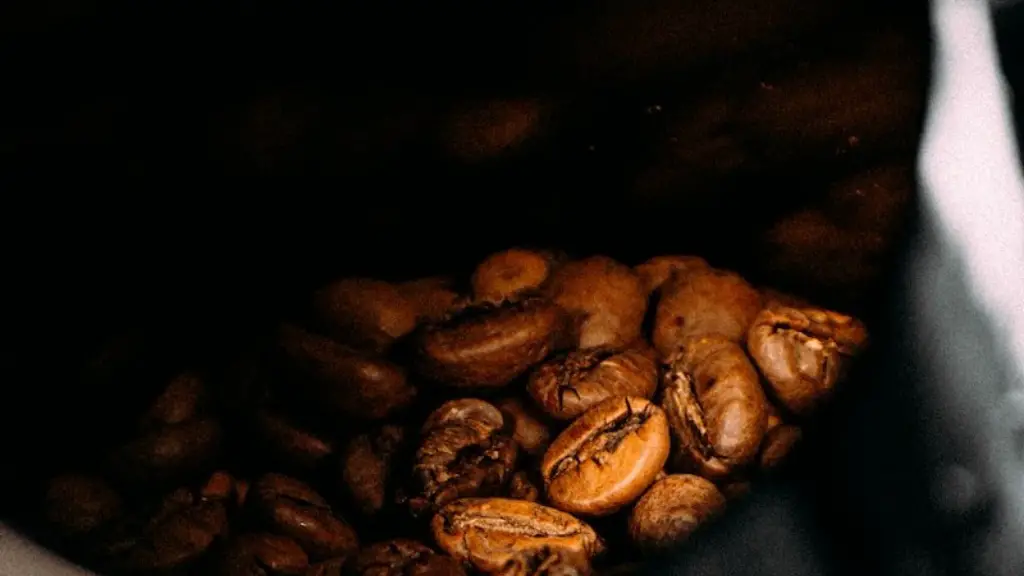Tooth extraction could be a form of treatment for a wide range of reasons. This could include relieving crowding, extracting teeth due to trauma or damage, treating pain, and much more. Following tooth extraction surgery, the best approach is to take it easy. The goal is getting proper rest and allowing the mouth to heal without further damage. But this doesn’t necessarily mean a patient needs to go without drinks all together – the question remains: Can a patient still consume tea or coffee after their tooth extraction?
When it comes to the recovery, restoring health and strength to the jaw is most important. Beverages such as tea and coffee, when consumed in moderation, can still be beneficial after tooth extraction surgery. Health professionals suggest it’s best to wait at least 24 hours before having any hot liquids. Further advice is often provided, such as using a straw to avoid any liquids coming in contact with the extraction site. Due to the risk of bacteria, sugar and other particles becoming lodged in newly formed cavities, health experts also suggest avoiding acidic juices or soft drinks to reduce the potential of degradation or infection.
Tea and coffee have their pros and cons and may require different procedures to avoid potential dangers. Coffee, for instance, is naturally acidic and could potentially ruin the recovery process, causing a greater amount of pain and infection. In the case of tea, it’s often recommended to avoid heavily caffeinated beverages, as the sleep and restful environment may not be ideal for the healing process. Inversely, herbal teas provide many natural antioxidants and anti-inflammatory components that could possibly facilitate the healing process.
Before drinking tea or coffee, it’s important to refer to any instructions provided by a dentist for post-extraction care. Patients should follow all prescribed methods of care, even if inclined to drink tea or coffee. Additionally, it’s also worth considering other ways that can boost the healing process, such as resting and applying a cold compress over the affected area. Usually, a liquid diet is recommended, such as pudding, soups, or smoothies.
In summary, while drinking tea or coffee can be beneficial during the recovery process, it’s important to discuss the option with a healthcare professional beforehand. Following tooth extraction surgery, the best approach is listening to the advice of a doctor or dentist to get the best results.
Foods to Avoid After Tooth Extraction
In addition to tea and coffee, there are other food types that might not be ideal to have after a tooth extraction. This includes foods that require a significant amount of chewing or that could inadvertently create a risk of blocking the site of extraction. In general, foods like hard candy, popcorn, nuts, chips, and other crunchy items might not be ideal for the recovery process.
Additionally, sugary foods and drinks could also increase the risk of infection. This includes gum, ice cream, and lots of juice. In the case of smoothies and milkshakes, a patient might want to opt for non-sugary varieties if planning to consume them after tooth extraction. Moreover, it’s also important to keep in mind that the extraction site will most likely be more sensitive than usual – this means avoiding acidic, spicy, or super hot foods as they could potentially cause further damage.
How Long Does it Take to Fully Recover After Tooth Extraction?
The answer will mostly depend on the type of tooth extraction a person has had. Generally, a full recovery is estimated to take around 6-8 weeks, but this is not always the case. Some teeth, such as molars, might take a few extra days or weeks. Additionally, the healing process will be different for everyone and depend on how each individual looks after the region.
Patients are likely to experience some level of inflammation and discomfort after tooth extraction procedures. This is mostly due to the formation of a blood clot and the body’s response to the trauma following the surgery. Generally, it’s advised to take antibiotics to reduce the chances of infection, and to keep the site moist.
Over the counter medications, such as ibuprofen and paracetamol, are generally recommended for pain relief. It’s important, however, to follow all instructions the health professional has provided and to keep the mouth clean at all times.
Teeth Replacement After Extraction
Once the extraction has been done and a full recovery is achieved, a patient might choose to replace the tooth with a dental implant, bridge, or dentures, depending on the patient’s needs and preferences. It’s important to note that these types of dental treatments require a longer healing time, which might start immediately after the extraction.
Implant treatment, for instance, could take up to four to six months to be completed, while a bridge usually takes less time. Dentures, on the other hand, are relatively fast to process and could be done in a matter of weeks.
Prior to making any decisions, a dental professional should assess the patient’s needs and devise a plan of action. It is important to understand that all these treatments require different techniques and skills to be successful. For this reason, it’s essential to refer to an experienced dental professional with the proper training.
Pain Management After Tooth Extraction
Following tooth extraction surgery, the goal is to reduce the amount of pain for a faster recovery. Aside from taking painkillers, there are other methods to help reduce inflammation and discomfort. These include applying a cold compress over the affected area, eating soft foods, and trying to rest as much as possible.
In the case of hemorrhage, it’s advised to gently bite over a clean piece of gauze. Most of all, it’s important to avoid smoking, as it impairs wound healing and increases the chances of infection. Similarly, alcoholic beverages are highly discouraged, as this could also cause healing complications.
Necessary Follow Up Appointments
After a tooth extraction procedure, it’s essential to attend all of the necessary follow up consultation appointments. During these visits, the dental professional is most likely going to assess the state of the area, the healing progress, and advise the patient on any recommendations. It’s also essential to inform the dentist if pain persists, as this could be an indication of infection. Most of all, it’s important to get clarification on any doubts or questions the patient might have in regards to the treatment.
Preventive Care After Tooth Extraction
In general, patients might want to observe the following guidelines for the best recovery:
- Maintain good oral hygiene.
- Refrain from smoking.
- Avoid sugary beverages, acidic juices, and soft drinks.
- Avoid drinking tea or coffee for at least 24 hours after extraction.
- Take prescribed medication.
- Consume a liquid diet.
- Attend all follow-up appointments.
- Rest as much as possible.
Potential Complications of Tooth Extraction
Any kind of surgical procedure carries a certain degree of risk. Likewise, tooth extraction could be accompanied by potential risks and complications. If a patient experiences excessive bleeding, severe pain, difficulty breathing, or a bad taste in the mouth, they should consult a health professional right away.
In some cases, a dry socket might occur when a blood clot fails to form in the extracted site. Dry socket is considered one of the most common after-effects of tooth extraction and could result in greater pain than usual. In this case, it’s the dentist’s job to flush and clean the area, after which the patient might get prescribed antibiotics and additional painkillers if needed.




